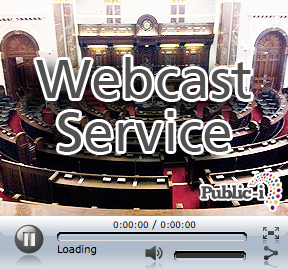Plan to slash council utility bill revealed
A new utilities management strategy could help the city council save almost a third from its annual £25+million bill, according to a report to Cabinet on November 17.
Although progress has been made in tackling gas, electricity and water bills, the strategy proposes more efficiency measures to minimise consumption and the wider use of local renewable energy, as well as further behavioural change.
A reduction in costs by a third would be equivalent to a halving of overall energy consumption over the period 2012-18 – and also fit into the council’s longer-term aim of reducing its carbon emissions by 60 per cent of 1990 levels by 2027 which ,mirrors the target set by Birmingham’s Green Commission for the whole of the city.
In further detail, some of the recommendations to cut gas, electricity and water bills include:
-Â The creation of a specialist utilities management team headed by a Council Energy Manager, given no one officer currently has an individual remit or budget to lead and co-ordinate in this area
-Â An investment-to-save improvement programme for city council buildings, where savings are underwritten in advance through Energy Performance Guarantees
-Â Improved energy management through frequent billing and detailed analysis of energy use
- A behavioural change programme (a “switch it off†campaign)
-Â Limiting the amount of non-renewable fuels that are bought by maximising use of local sources of renewable fuels such as biomass (wood and some types of coarse grass from parks and open spaces), solar, thermal (such as Combined Heat and Power) and rainwater harvesting for sanitation
-Â The use of best practice procurement to get the best prices possible for the utilities the council has no other option but to purchase when renewables are not available
- A target through building improvements to reach a minimum Energy Performance Certificate standard of ‘C’ (where A is best and G is poorest)
- Formalise a standard office temperature of 20C
If approved, the Birmingham City Council Utilities Strategy will then be reviewed every 12 months in future.
Cllr Lisa Trickett, Cabinet Member for a Green, Smart and Sustainable City, said: “We want Birmingham to become a leading green city – the robust management of our utility consumption will play a key role in this.
“Despite there being some very good practice in various parts of the council, we’ve had a relatively unsophisticated approach to utilities, but given the massive cuts to local government funding being imposed upon us, we must start operating in a more efficient and coherent way.
“This can, and will, be done by minimising our consumption of water, fuels and energy, reducing the burden of operating costs to citizens, businesses and visitors to the city. We must always be mindful of our duty to provide the best possible value to the taxpayer, and the need to use the earth’s precious resources in a responsible and sustainable way.”
The council will also continue to assess the feasibility of creating its own energy services company as a way to tackle fuel poverty by becoming a provider to others, an idea first suggested last year.
ENDS
Notes to editors
1. In the year ending March 2014, the council’s spend (not including schools and museums) on gas, electricity and heating oil supplies was £20.9million.
2. In the year ending March 2014, the council spent £4.6million on water supplies.




